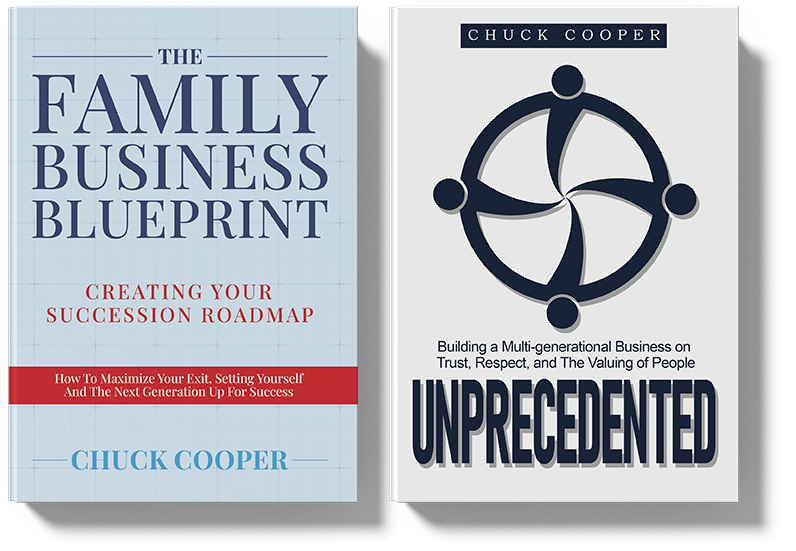Family businesses are unique entities—and tend to come with many challenges.
For instance, how do you balance the desire to preserve long-standing traditions with the need to embrace change?
There’s no doubt that family enterprises often thrive on trust, values, and stability, but these very qualities can sometimes hinder the adoption of new ideas.
In this article, WhiteWater Consulting explores the delicate balance between tradition and innovation in family businesses, offering strategies for leaders to navigate this complex landscape.
Understanding the Family Business Landscape
Family businesses are the backbone of many economies, deeply rooted in local communities and cultures. These enterprises pride themselves on strong family ties and a commitment to values that have stood the test of time.
- Tradition and Trust: Family businesses value stability, loyalty, and long-established ways of doing things. This tradition fosters a sense of continuity and can create a competitive advantage in maintaining customer relationships and company culture.
- Resistance to Change: However, this focus on tradition can also breed resistance to change. Family members may fear that adopting new technologies or approaches could undermine the business’s legacy or alienate loyal customers.
While tradition can provide a solid foundation, family businesses must recognize that advancements are essential for survival.
The Duality of Innovation in Family Businesses
Innovation is a double-edged sword for family businesses. While maintaining tradition is important, businesses that fail to consider new opportunities risk becoming stagnant—and, therefore, irrelevant.
- Benefits of Tradition: Focusing on tradition helps ensure stability, preserve the company’s identity, and keep loyal customers returning. However, becoming too comfortable with the status quo can limit growth opportunities.
- Risk of Complacency: Neglecting ahead-of-the-curve thinking can lead to failure when adapting to changing customer expectations, technological advancements, and shifting market dynamics. Over time, competitors that adopt a continuous improvement mindset may leave traditional businesses behind.
A family business must respect its core values while remaining relevant in a changing world.
The Challenges of Innovation in Family-Owned Businesses
Family enterprises often face unique barriers to change, including:
- Being Wary of New Ways of Thinking: Family businesses may fear accepting the need for change could disrupt the established order or alienate stakeholders. Overcoming this requires a clear vision of how innovation can align with the company’s core values.
- Succession Planning: Transitioning leadership to the next generation can be difficult, especially when younger family members are eager to introduce new ideas or tend to be more comfortable with fast-changing technology. However, early on, involving the next generation can help bridge the gap between tradition and innovation.
- Resource Constraints: Family businesses, especially smaller ones, may lack the financial resources to invest in trending approaches. Allocating funds for research, development, or new technologies can be challenging when the business is focused on preserving its legacy.
- Lack of Expertise: Many family businesses lack the specialized knowledge to implement innovation effectively. This can be addressed by bringing in external experts or partnering with industry leaders who can offer valuable guidance.
The Risks of Failing to Innovate
In today’s market, failure to innovate can lead to severe consequences. History is full of companies that once dominated in their space but fell behind because they couldn’t keep up with new market entrants with nimble business models:
- Examples of Failure: Blockbuster, Kodak, and Nokia are all cautionary tales of companies that didn’t adapt quickly enough to changing technologies and customer needs.
- Competitive Threats: Family businesses that resist change risk losing ground to competitors who are quicker to embrace new ideas.
- The Voice of the Customer: Customers’ needs and expectations evolve rapidly, and businesses that fail to listen risk losing touch with their target market.
- Globalization and Technology: The world is more interconnected than ever, and technology drives business worldwide. Family businesses that ignore this may miss opportunities for expansion and fall behind.
Strategies for Striking a Balance
Balancing tradition and innovation in family business leadership is possible and necessary for long-term success. Tradition provides stability and a sense of identity, while innovation ensures that the business remains competitive and relevant.
Family business leaders must find a way to embrace change without losing the core values that define their legacy.
And working with an experienced consultant can help.
Reach out to WhiteWater Consulting and schedule a consultation to discuss how we can create a strategy to help your family business grow and thrive for future generations.


